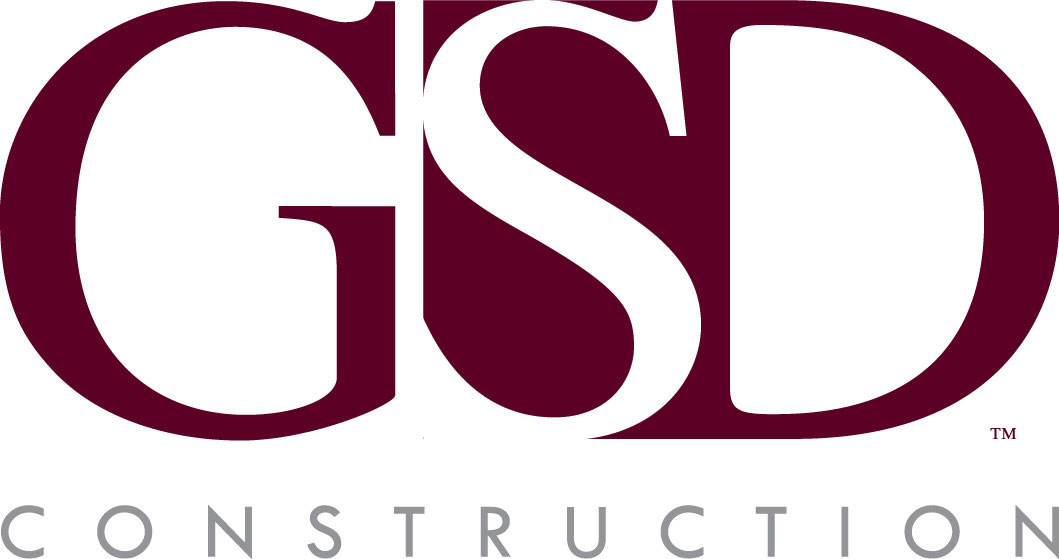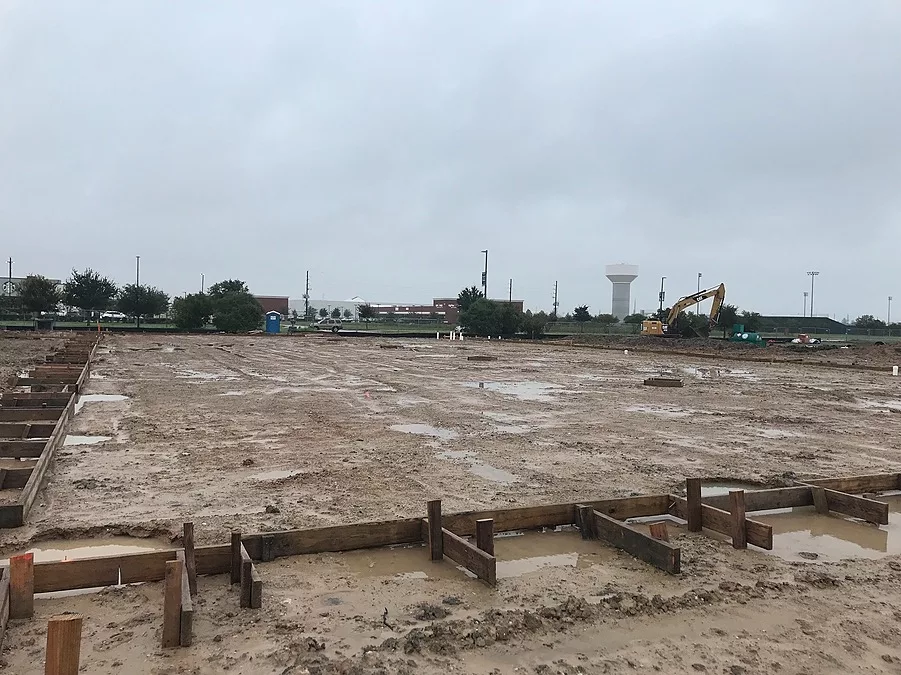Planning is the key to success in any commercial construction project. One of the first steps in the design and idea stage is to conduct a feasibility study. A feasibility study will be different for each project, but they all have the same end goal: minimizing the risks and unknowns and providing guidance for the viability and success of the project.
Before starting your next construction project, learn more about a feasibility study and its importance.
What is a Feasibility Study?
A feasibility study is a detailed assessment that produces information to decide whether you should proceed with the proposed project or not. It can also identify potential issues that may impact the outcome of the project.
An effective feasibility study will show all the potential benefits, barriers, and constraints that could affect the project. It will also help to set the course of the project.
Conducting a feasibility study can produce many benefits to a commercial construction project such as
- Minimizing risks
- Preventing cost overruns
- Ensuring regulatory compliance
- Refining the project design and scope
- Establishing realistic timelines
Things to Consider
Think of a feasibility study as an evaluation of the entire project, including market conditions and the technicality of the project itself.
A comprehensive feasibility study will focus on areas such as:
- Technical
- Site analysis
- Workforce plan
- Driveways and traffic patterns
- Geological risks
- Utility plans
- Stormwater drainage mitigation
- Legal
- Building codes
- Legal requirements and approvals
- The organization of the business (LLC, corporations, LP, etc.)
- Economic
- Cost/benefit analysis
- Financial projections
- Market
- Industry climate
- Competitor analysis
- How you will compete
Is a Feasibility Study Always Necessary?
While a feasibility study is not a required part of the construction process, not conducting one can lead to further issues down the road.
Michelle Patton, owner of MPCE, finds when companies don’t complete feasibility studies, they face increased project costs and delays. Oftentimes, developers want to assume their design is fine and skip the feasibility stage. This assumption can lead to bottlenecks later in the process as plans have to be reworked to meet a certain requirement or delays in the approval process. She urges that a feasibility study can benefit even simple and straightforward projects.
When conducting your feasibility study, it can help to consult an industry expert. At GSD Construction, we’ve had over 13 years of experience in commercial construction and can offer you guidance on your project. Contact us to learn more.

